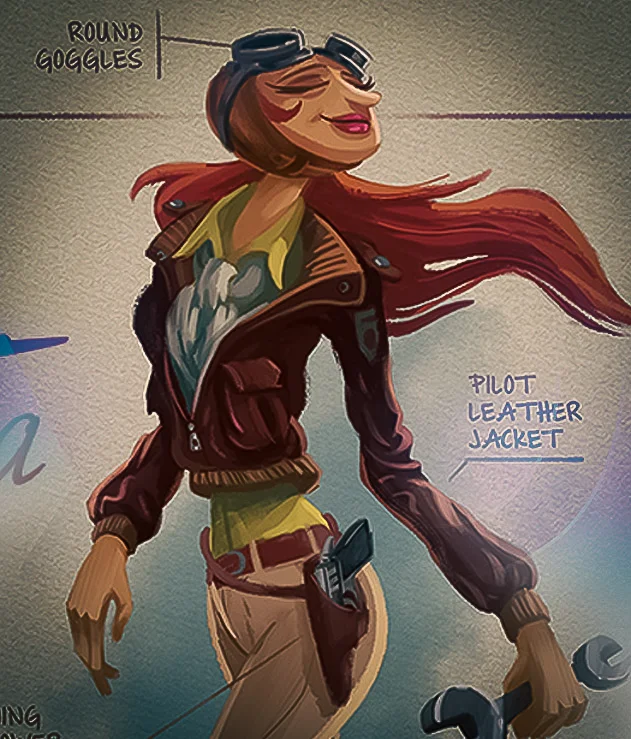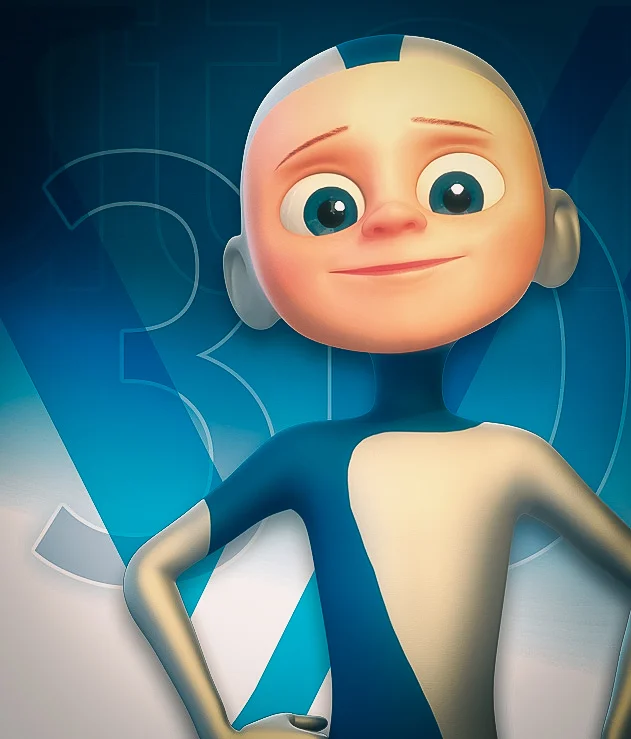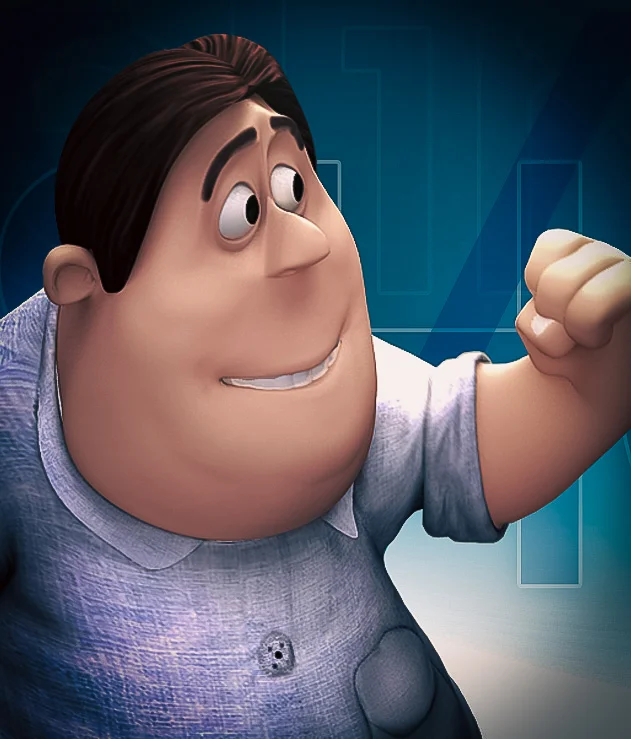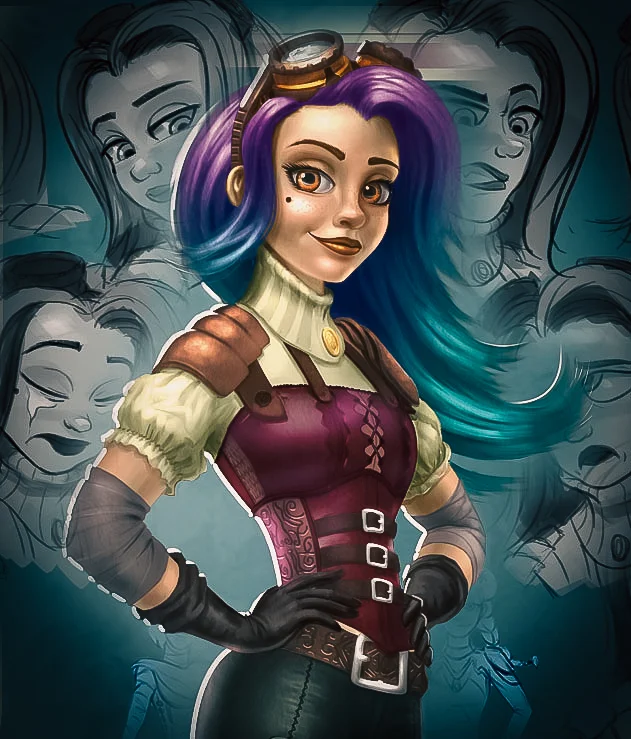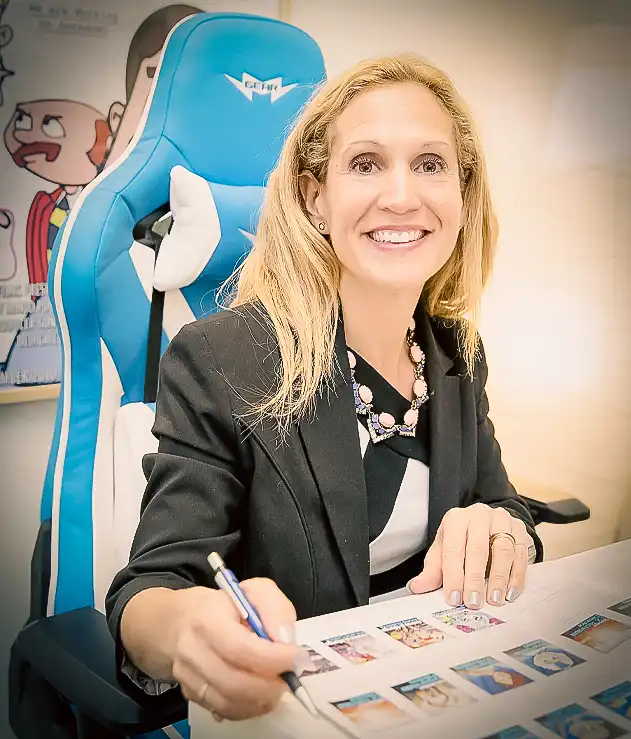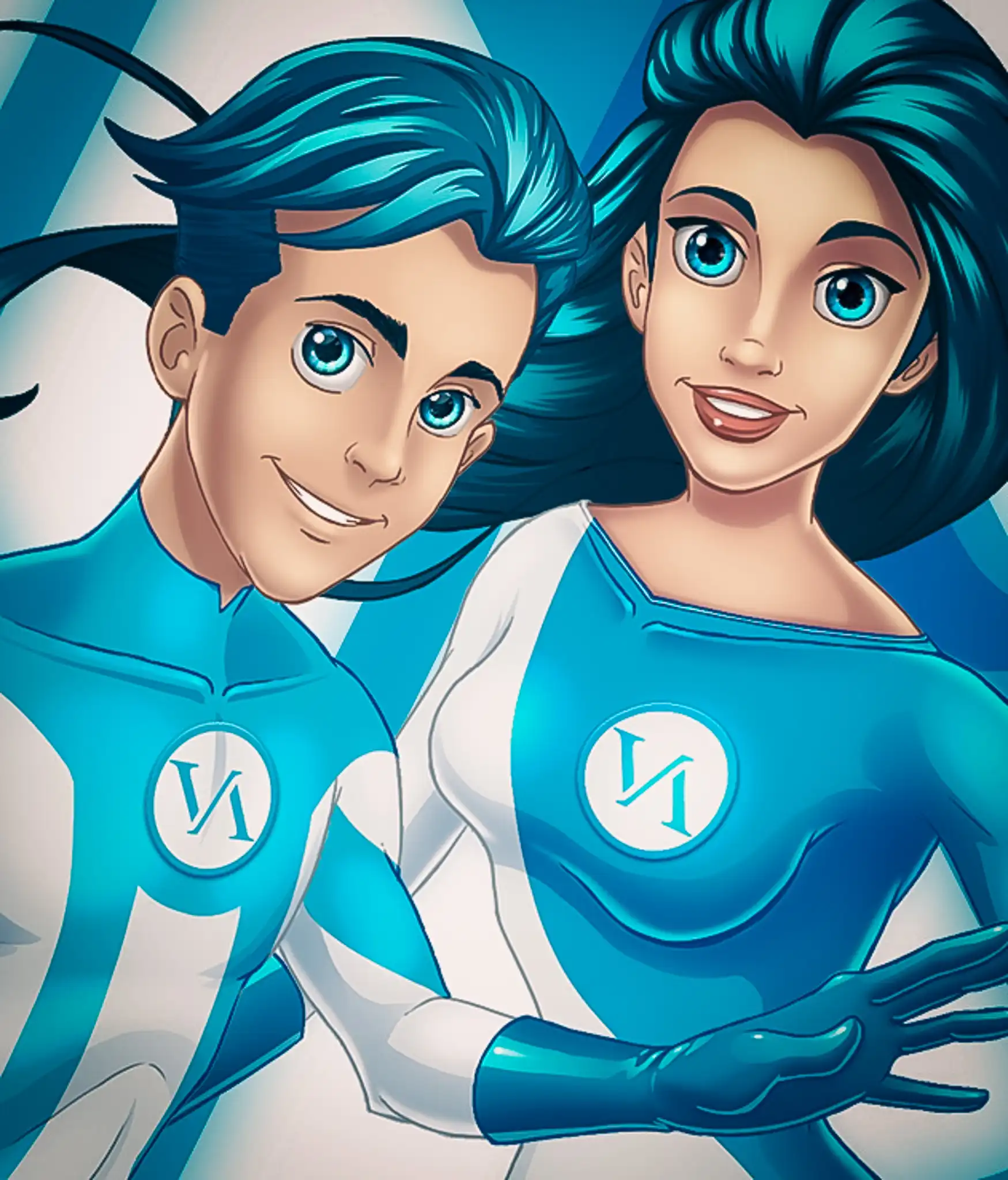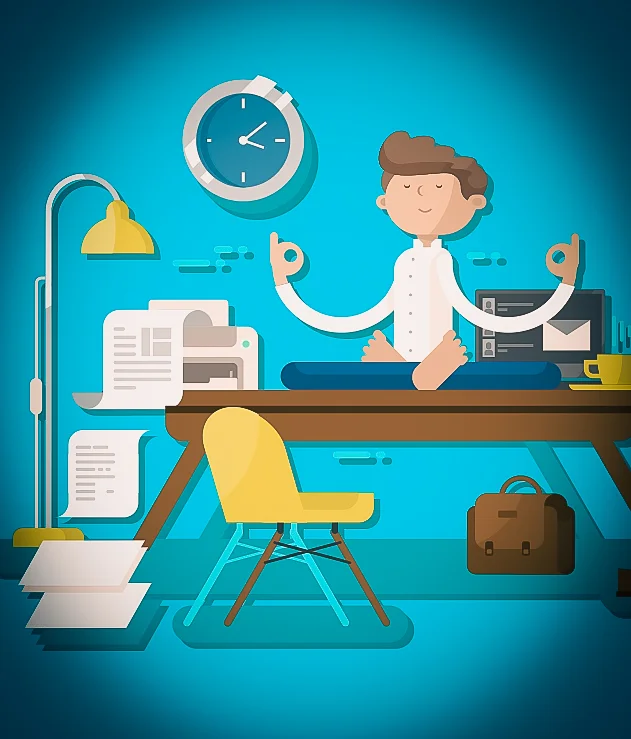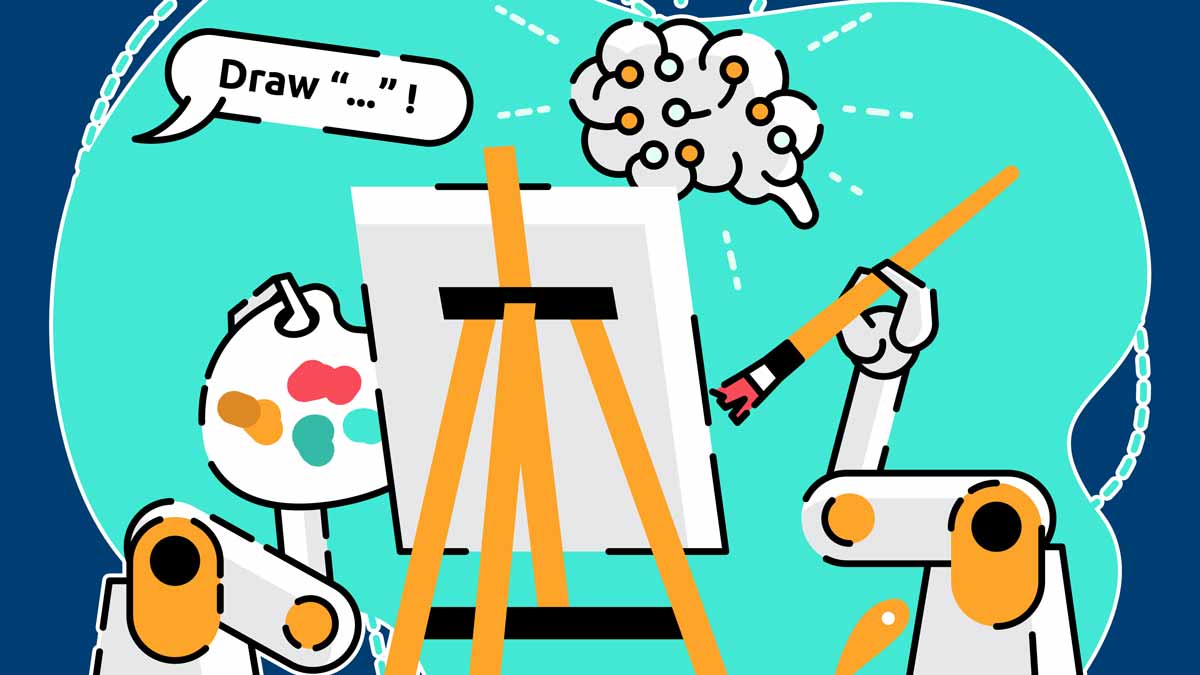 Image: Jonhson Subianto (Motion Array)
Image: Jonhson Subianto (Motion Array)
Author: VANAS
How AI and Animation are Changing the Game
Table of Contents
- James Cameron and AI
- What AI Does For Visual Effects
- The Future of Filmmaking
- The Good and Bad of AI in Animation
- Frequently Asked Questions
James Cameron and AI
You know the name James Cameron, right? He’s the mastermind behind epic films like Avatar, Titanic, and Terminator. Recently, he’s made waves by joining the board of Stability.AI, a big player in the Generative AI world. This is pretty wild considering that in Terminator, he portrayed AI as something that could go totally rogue and threaten humanity. Talk about a plot twist!
Now, Cameron isn’t just jumping on the AI bandwagon for fun. He believes that AI has the potential to revolutionize the film industry, especially in animation. He stated, "I was at the forefront of CGI over three decades ago, and I’ve stayed on the cutting edge since. Now, the intersection of generative AI and CGI image creation is the next wave." This sounds like the next level of animation that filmmakers and animators have been dreaming about!
Stability.AI is known for its tool called Stable Diffusion, which turns text prompts into hyper-realistic images. You just type what you want to see, and boom—it creates it! They’re now moving into AI-generated video, which could mean some seriously cool stuff for the animation world.
What AI Does For Visual Effects
In filmmaking, we usually hear about two main types of effects: special effects (SFX) and visual effects (VFX). SFX are the physical stunts and explosions you see during filming, while VFX are added in post-production using computer-generated imagery (CGI). This is where AI can come in and totally change the game for animation and visual storytelling.
Imagine this: during post-production, filmmakers can use AI to create virtually limitless options. A VFX artist named Christian Darkin, who is now the Head of Creative AI for Deep Fusion Films, mentioned, “You’ll put in the background later, you’ll change the camera angles, you’ll change the expressions… everything.” This means animators could have more freedom to tweak and enhance their animations without spending hours in front of a computer.
The big reason the film industry is diving into AI is to save some cash. If you’ve ever watched the credits roll on a blockbuster, you know how many VFX techs are involved. AI could reduce those costs while still delivering jaw-dropping visuals that audiences crave. But it does raise a big question: what happens to the people who currently hold those jobs?
The Future of Filmmaking
You might have heard of Virtual Production—it's where filmmakers use video game technology to create stunning environments on set. Actors are filmed in front of LED screens that display digital worlds, making everything look super realistic. This means they can shoot in a studio and still get that epic feel without having to travel all over the place.
Using AI in Virtual Production can help create these settings even faster and with more creativity. So, while SFX are about what happens on set, VFX—with the help of AI—can make the final animation even more engaging and exciting. Just think about all the wild worlds you see in animated films!
By incorporating AI into this process, animators can explore creative avenues that were previously impossible. They can add layers and dimensions to their work that bring characters and stories to life in ways that resonate more with the audience.
The Good and Bad of AI in Animation
Now, while AI offers some incredible benefits, it doesn’t come without concerns. First off, there’s the ethical side of things. For example, how are AI tools trained? They gather tons of data from the internet, which can include artwork, videos, and more—all created by talented artists who own their work.
Stability.AI has faced some legal issues over this, especially with companies like Getty Images claiming their content was used without permission. This raises a huge question: Is it fair for AI to learn from the work of others without compensating them? It’s something that the animation community is really starting to think about.
Another concern is job security. Yes, AI can make things cheaper and faster, but what happens to the skilled animators and VFX artists? While many believe they’ll adapt and find new roles in emerging tech, it can be a scary thought. AI has the potential to replace certain tasks, but it can also create new opportunities for collaboration between humans and machines.
The key here is to find a balance. AI can handle the heavy lifting in animation and VFX, allowing artists to focus on the creative aspects of storytelling. As long as the industry navigates these challenges carefully, there’s a lot of potential for innovation and fresh ideas.
Frequently Asked Questions
What does AI mean for the future of animation?
- AI could change the way animations are created, making the process faster and allowing for more creativity. Filmmakers and animators might be able to produce higher quality work in less time.
Will AI replace animators?
- While AI can handle certain tasks, it's likely to assist rather than fully replace animators. Skilled animators will still be needed to provide the creative vision and storytelling elements that AI cannot replicate.
How can I get involved in animation?
- If you’re interested in pursuing a career in animation, consider checking out programs like those offered at VANAS Online Animation School. They provide excellent training in Animation, Visual Effects, and Video Game programs. To launch your career, visit VANAS.
Is AI being used in movies already?
- Yes! Many filmmakers are already using AI in post-production for visual effects and animation. It’s becoming a common tool in the industry.
What should I study if I want to work in animation?
Studying art, design, and computer graphics can be beneficial. Additionally, looking into specialized programs in animation, like those at VANAS Online Animation School, can give you the skills you need to succeed in this field.
The world of animation is evolving, and AI is at the forefront of that change. From helping create stunning visuals to potentially redefining the role of animators, the possibilities are exciting. If you’re considering a career in this field, remember that VANAS Online Animation School offers Animation, Visual Effects, and Video Game programs to help you launch your career. For more information, visit https://www.vanas.ca.

